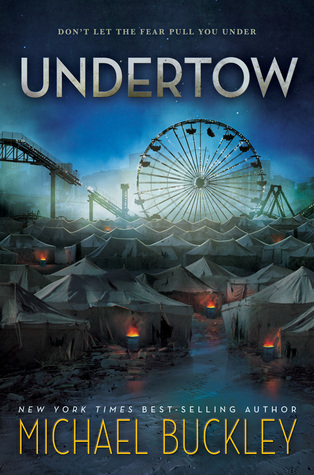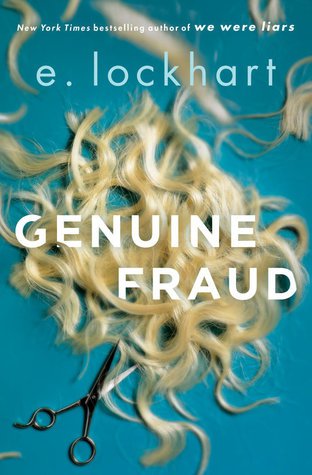My husband and I were shopping online for new books to read the other night. Evan is about to finish his current book and was talking about what he’d like to read next, but never mentioned the book sitting between us on the coffee table. So I asked him, “Aren’t you going to read The People in the Trees?” To which he replied, “I wasn’t sure if I should since you don’t seem all that crazy about it.” I wouldn’t say that’s exactly true, but while reading The People in the Trees I admit I haven’t given Evan my usual occassional feedback or even mentioned it at all. But now that I have finished it as of this morning, I am ready to weigh in. 
I had been sitting on the last hundred pages or so of The People in the Trees by Hanya Yanagihara and somewhat dreading picking them back up again after my winter vacation abroad. It’s not because I didn’t like the book… sort of. It’s more because the ending and major plot points, all horrible and tragic, are made very clear right from the beginning, and so as the reader you are tasked with going through every page knowing exactly what’s to come. The only “surprises” are the exact details of how said events unfold, the precise depth of some characters’ self-delusion, and how terrible things could really get. This isn’t always an easy task.
I’m not the type of person to shy away from gruesome details, dark plotlines or questionable characters. In fact, it really bothers me when people say they hate this book or that movie because So-and-so in it wasn’t likeable. For the first time though, a protagonist of a book made me pause, drove me away from his own story, and made me hesitate not only to finish reading it but also to even talk about it. That’s how much I dislike Doctor Norton Perina. He actually makes it hard for me to profess liking the novel at all, something I don’t think has ever really happened to me before.
This leads me to my praise of Yanagihara. Her debut novel is as engrossing as it is unsettling, and as powerful as it is provocative. At the core of The People in the Trees are huge discussions on science, moral relativism, society’s fascination with the allure of youth, and so much more. And at the forefront is the voice of Doctor Perina, its unreliable narrator. It is a testament to Yanagihara’s writing that Perina’s world and story once read cannot be easily shaken off or forgotten, at least not by me.
Although this book is certainly not for the faint of heart, I do recommend it to anyone who is willing and able to step into highly uncomfortable, incredibly flawed shoes and come face to face with the well-known but hard to swallow fact that the world is far from black and white.
I look forward to reading Yanagihara’s other highly-esteemed novel A Little Life in the future soon (but not until after a long hot shower and a re-read of Anne of Green Gables or something).
Advertisements Share this:




